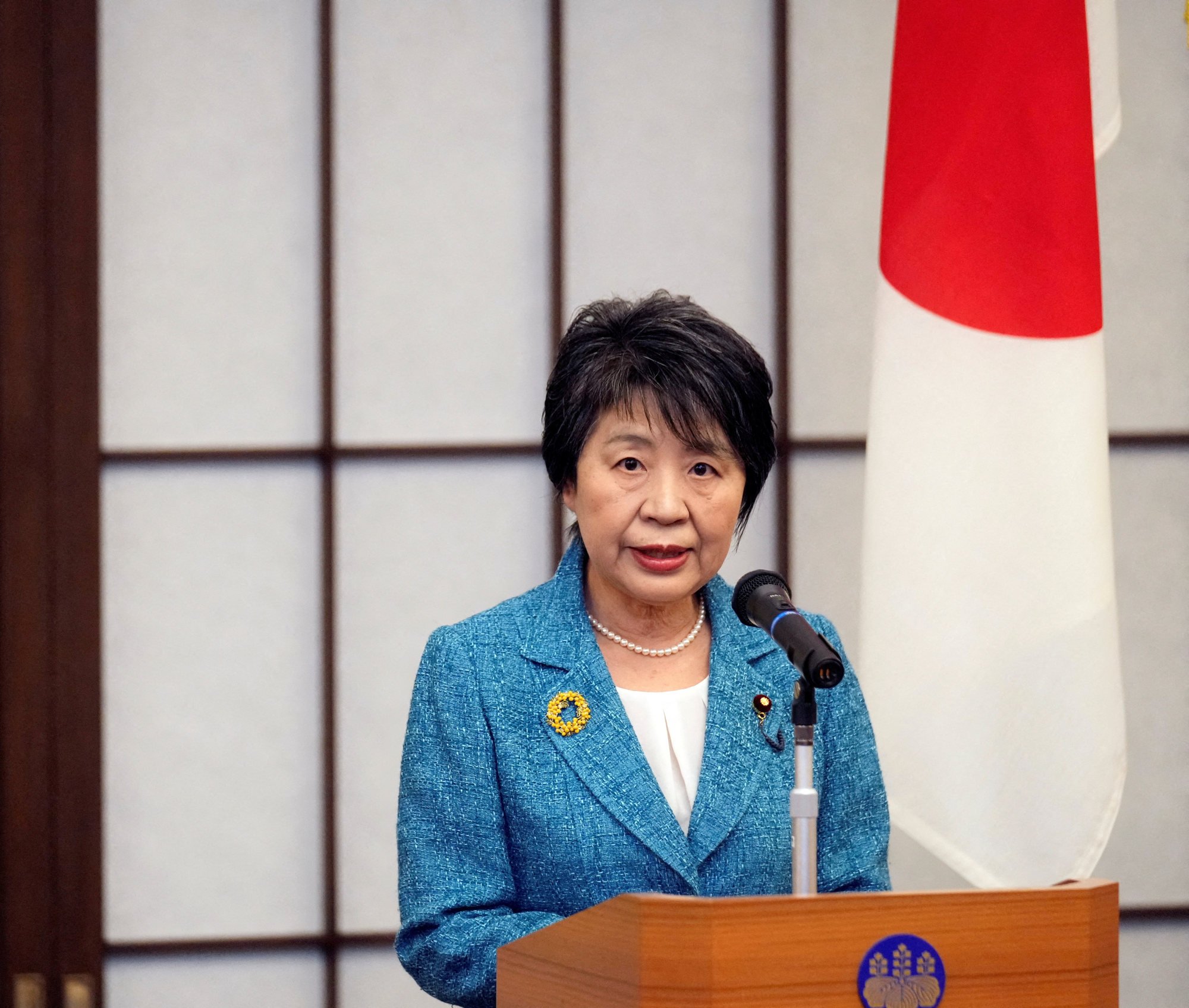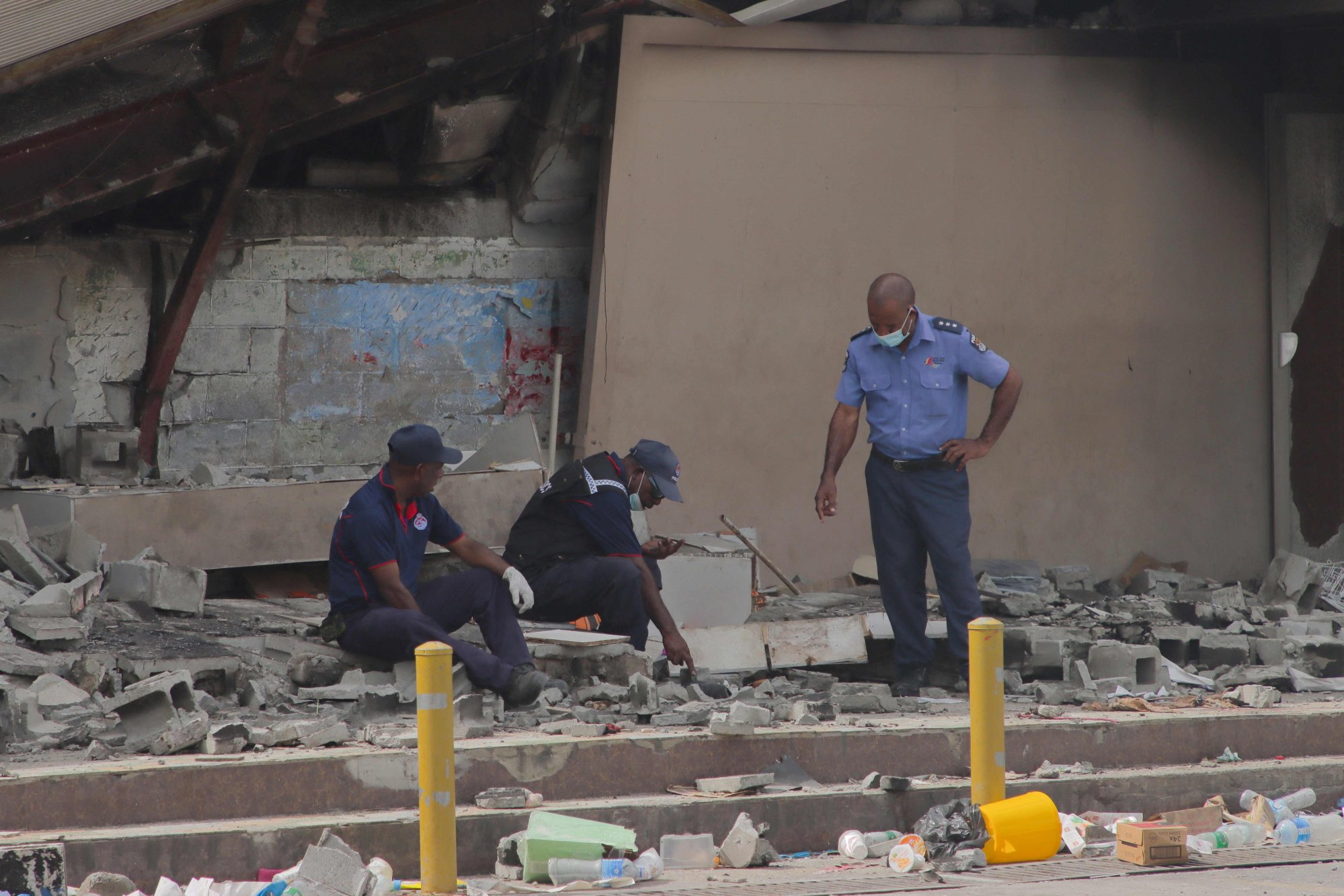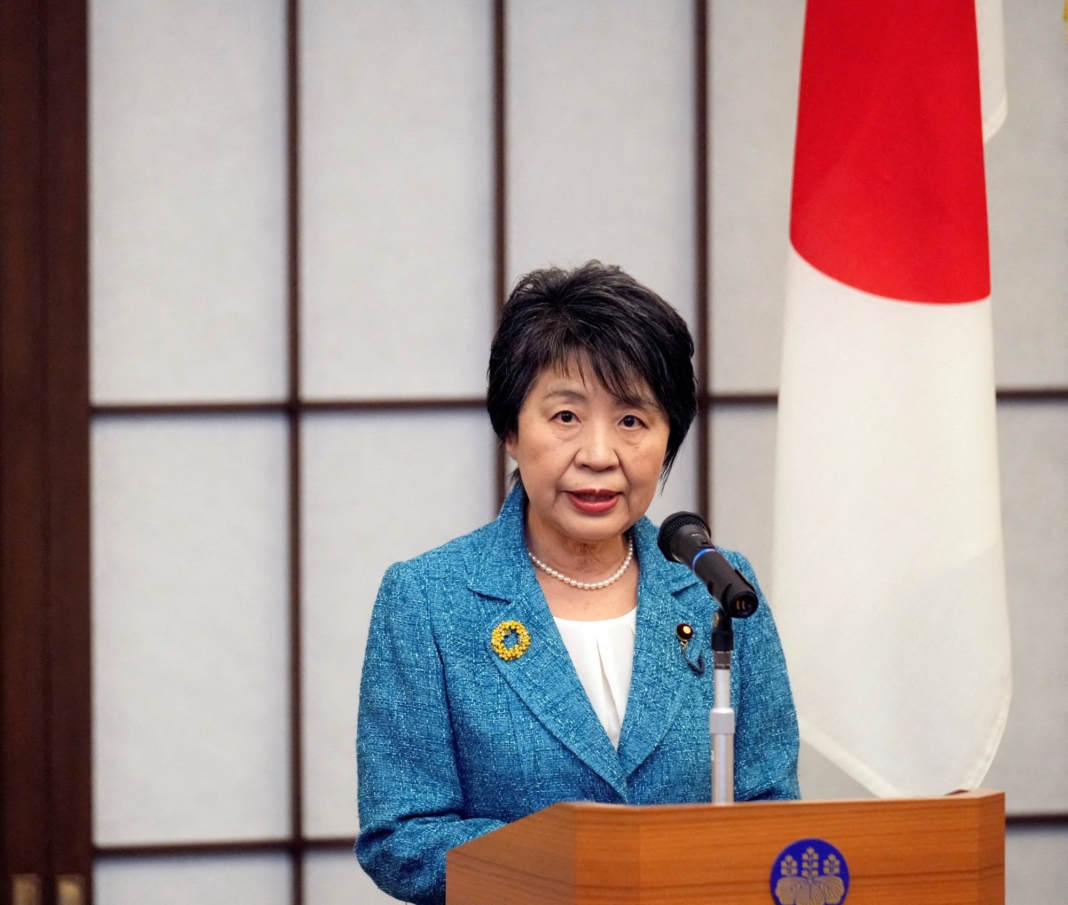Beijing regards the self-ruled island as a breakaway province to be brought under mainland control – by force, if necessary.
The talks are expected to involve Japan’s Self-Defence Forces and police taking part in local and regional responses as well as training, a dramatic departure from previous post-war policies.
“Since World War II, Japan has focused on infrastructure, resource management and governance. The deployment of ‘self-defence forces’ would be a significant step change,” said Meg Keen, director of Australia-based Lowy Institute’s Pacific Islands Program.
Japan aims “to protect critical sea routes in the region, lucrative fisheries, and its preferred rules-based order”, she added. “All will benefit, but some Pacific Islands leaders are wary of unspoken drivers for Japanese engagement, including balancing Chinese power and influence.”
What can Japan offer Pacific nations amid growing Chinese influence?
What can Japan offer Pacific nations amid growing Chinese influence?
The meeting comes after the US Congress belatedly approved US$7.1 billion for the northern Pacific Islands of Palau, the Federated States of Micronesia, and the Marshall Islands as part of a long-standing funding deal called the Compacts of Free Association (Cofa).
The deal followed a five-month impasse which alarmed these three states over promised Cofa funds to pay for infrastructure, healthcare and education, and led to warnings from Palau President Surangel Whipps Jnr, Micronesia President Wesley Simina and Marshall Islands President Hilda Heine, who sent a joint letter to Congress, saying China was using the gap to influence the region with money and support.
But the Cofa payout shores up exclusive US military access to a vast patch of seas between the Philippines and Hawaii, giving it missile and military facilities in exchange for sending billions of dollars on education, healthcare and infrastructure across the partner nations.
Signing the deal on Monday, US Secretary of State Antony Blinken hailed the agreement as a guarantee of tight relations for “the next two decades”, while Whipps Jnr called it “wonderful news”.

Japan has been seeking to extend its influence across the Pacific as it takes a more front-footed approach in its neighbourhood.
Foreign Minister Yoko Kamikawa on Tuesday vowed to provide “offer-based” financial development to nations rather than wait for them to ask for it, in a policy pivot making foreign aid one of its “most important diplomatic tools” which would help keep the Indo-Pacific “Free and Open”, according to Japanese media.
From mitigating climate change to disaster response, Japan has a lot to offer in the Pacific arena, according to Hideyuki Shiozawa, head of the Pacific Island Nations Program Team at the Ocean Policy Research Institute of the Sasakawa Peace Foundation.
“While the idea of countering China exists conceptually, [Japan’s] actual actions will contribute to the self-reliance, disaster resilience, stability and development of the Pacific Island countries with or without China,” he said.
“Japan can support the strengthening of maritime law enforcement capacity against IUU [illegal, unreported and unregulated] fishing, transnational crimes such as illicit drugs. And in each country, Japan’s police post system [koban] can contribute to domestic stability.”

Fiji, Papua New Guinea and Tonga already have their own defence forces, with cooperation agreements with Australia, New Zealand and the United States.
The need for security support is most urgent in Papua New Guinea, which saw its capital burn with deadly riots in January and a tribal massacre in the Highlands in February leave more than 60 dead.
But any outside security measures carry risks in a nation scored by deep tribal rivalries and awash with arms, experts warn.
“Police are needed and desired by the communities in the Papua New Guinea Highlands, and especially by women. [But] police, and especially foreign police, would be inserting themselves into something that they do not understand,” said Papua New Guinea tribal warfare expert Michael Main, a researcher at Australia National University.
“And police risk their lives as they are outnumbered and outgunned, facing an opponent that does not recognise either their moral authority or the authority of the state.”
Source: scmp.com



